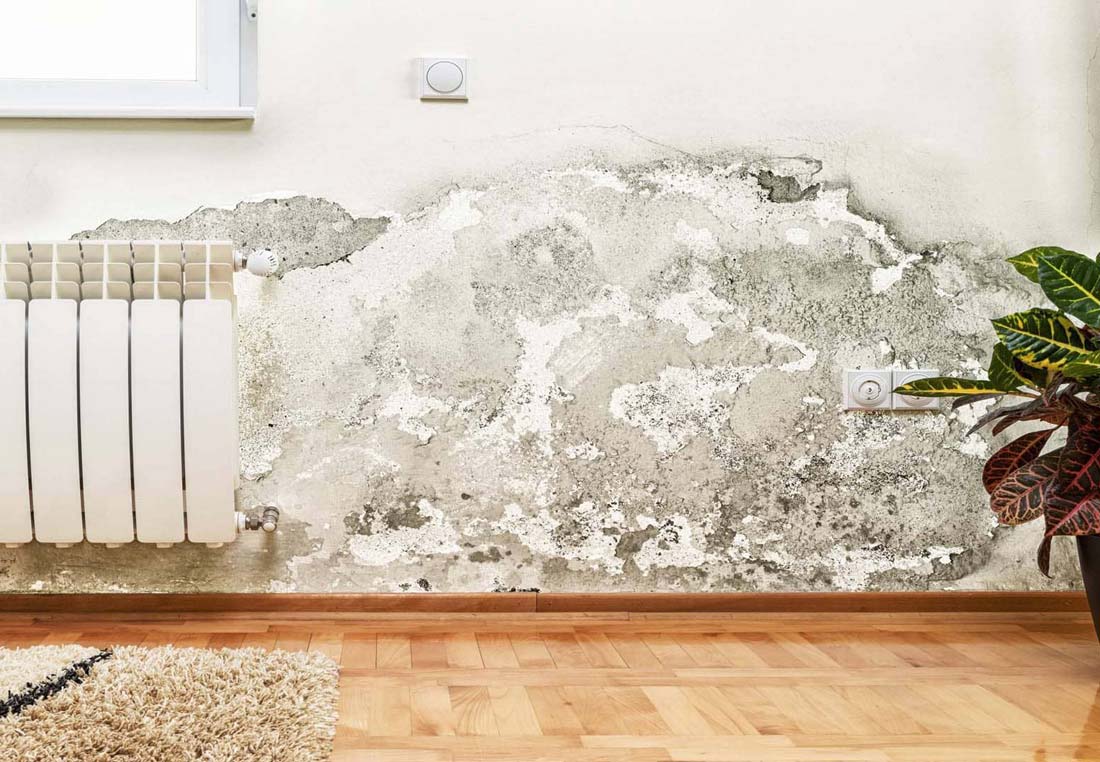Property owners are tasked with keeping their buildings in a condition suitable for living. Likewise, those renting these spaces are obliged to keep their areas clean and well-maintained.
North Dakota does not have laws for landlords to clean or remediate mold in their homes. However, if a tenant enters a house with a mold problem, the landlord has the responsibility to remediate it.
North Dakota landlords must keep their units habitable and fix any reported damage within a reasonable time. Mold can make the property unfit for habitation. Therefore, remediation is necessary as soon as it is visible.

What we cover
ToggleLandlord rights and responsibilities in North Dakota
- Provide a habitable unit.
- Fix any damages within a reasonable time.
- Pay rates on the property.
- Collect rent when it is due.
Tenant rights and responsibilities in North Dakota
- Keep the unit safe and habitable.
- Maintain cleanliness in the unit.
- Perform minor repairs and maintenance.
- Do not disturb other tenants.
- Proper waste disposal.
- Not destroy the unit deliberately or negligently.
How long does a landlord have to repair mold in North Dakota?
Landlords in North Dakota have a duty to provide a habitable living space for their tenants. One way of doing it is by making repairs requested within a reasonable time.
A reasonable time is not stipulated. However, for emergency repairs or damage that may make the unit uninhabitable, the landlord has 24 to 48 hours.
For other repairs, landlords in North Dakota have up to 14 days.
If the landlord does not fix the damage after a reasonable time, tenants can withhold rent or break their lease without penalty.
Resource: See mold laws countrywide here
Mold disclosure law in North Dakota
North Dakota does not have any laws that require landlords to disclose the presence of mold in their units to new tenants.
A federal law that requires them to disclose the presence of lead paint for homes built before 1978.
Here are some of the other disclosures that landlords should make:
- Details about the security deposit.
- Any additional fees over the rent.
- A move-in checklist indicates any material damage to the unit.
- Local rent control rules.
- Information on the use of shared utilities.
- Smoke detector and alarm installation.
- The identity and location of the landlord and agent.
- If there has been recent flooding in the unit.
- Presence of outstanding building code violations.
Can you break a rental lease in North Dakota due to mold?
If mold makes your home uninhabitable, you can break your rental lease.
However, before you make this drastic decision, you need to get remedies for the problem.
If mold is the cause of the problem, notify your landlord and give reasonable time to rectify the problem.
Where your landlord is not willing to pay for the repairs, North Dakota tenants are allowed the following solutions.
- Pay for the repairs and deduct the amount paid from the rent. However, the cost of repairs must be less than your rent.
- Withhold rent. You can refuse to pay rent until the landlord fixes the problem.
Where the cost of repairs is too high and the landlord is not willing to pay for repairs, you can break your lease. Constructive eviction is when you break your rental lease due to the structural weakness of your unit.
Can a North Dakota tenant withhold rent?
North Dakota law recognizes the self-help strategies that a tenant can use to compel their landlord to remediate mold in their units.
Withholding rent until the remediation is done is an effective strategy. The tenant can refuse to pay rent until the landlord repairs the reported damage.
Secondly, the tenant can pay to fix the damage. They will then deduct the cost of the repair from the rent. The amount paid for the repairs must not exceed the cost of the rent.
Can a North Dakota tenant seek justice in court?
Yes. There are situations where a tenant in New Jersey can seek justice in court.
In North Dakota, tenants can sue their landlord in small claims court for up to $15,000. It can be that the landlord has withheld your deposit for no reason or other damages.
Tenants can also sue their landlords if the mold in the home has caused them disease or hospitalization for damages.
You can also sue for wrongful eviction, discrimination, or wrongful eviction from the property.












